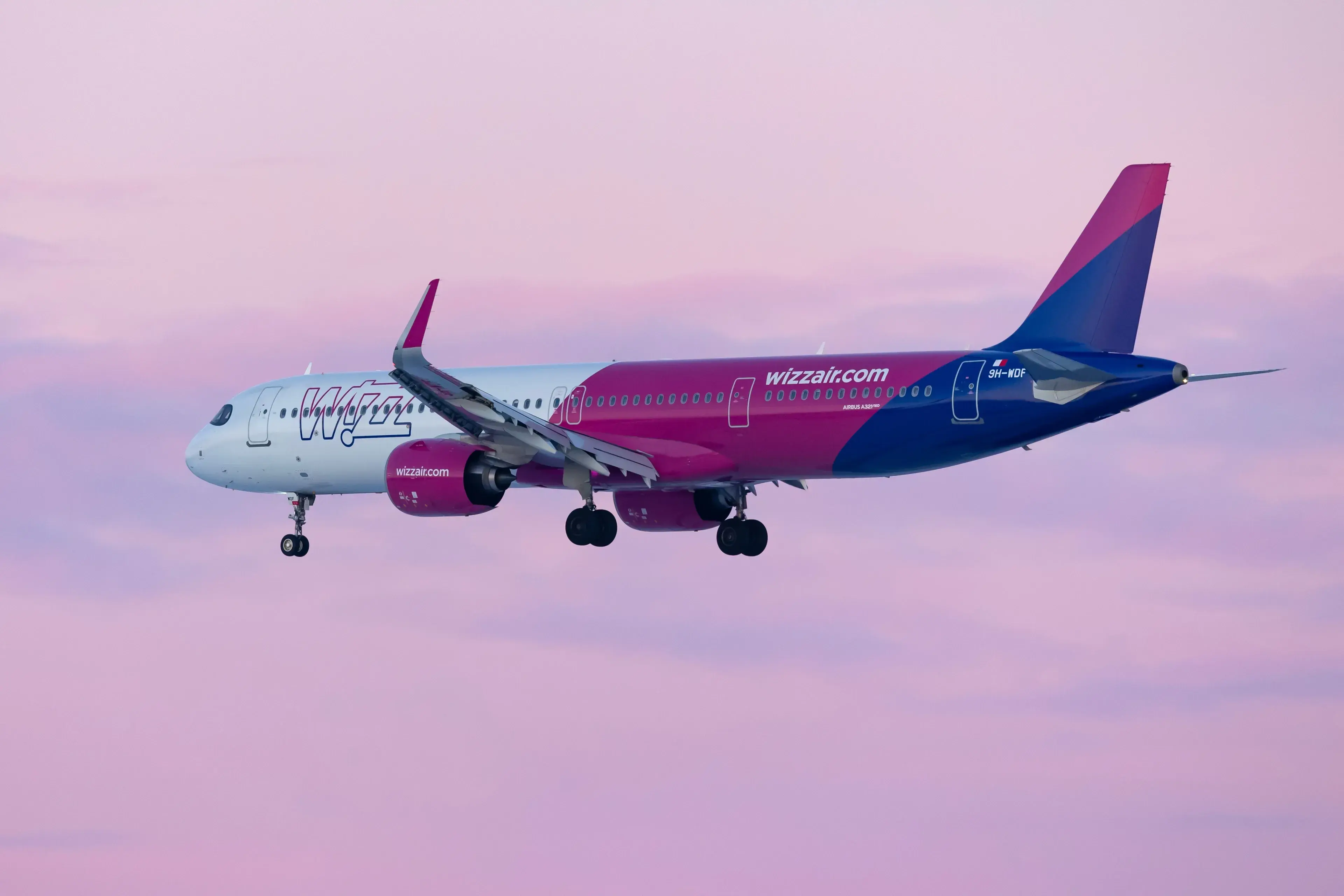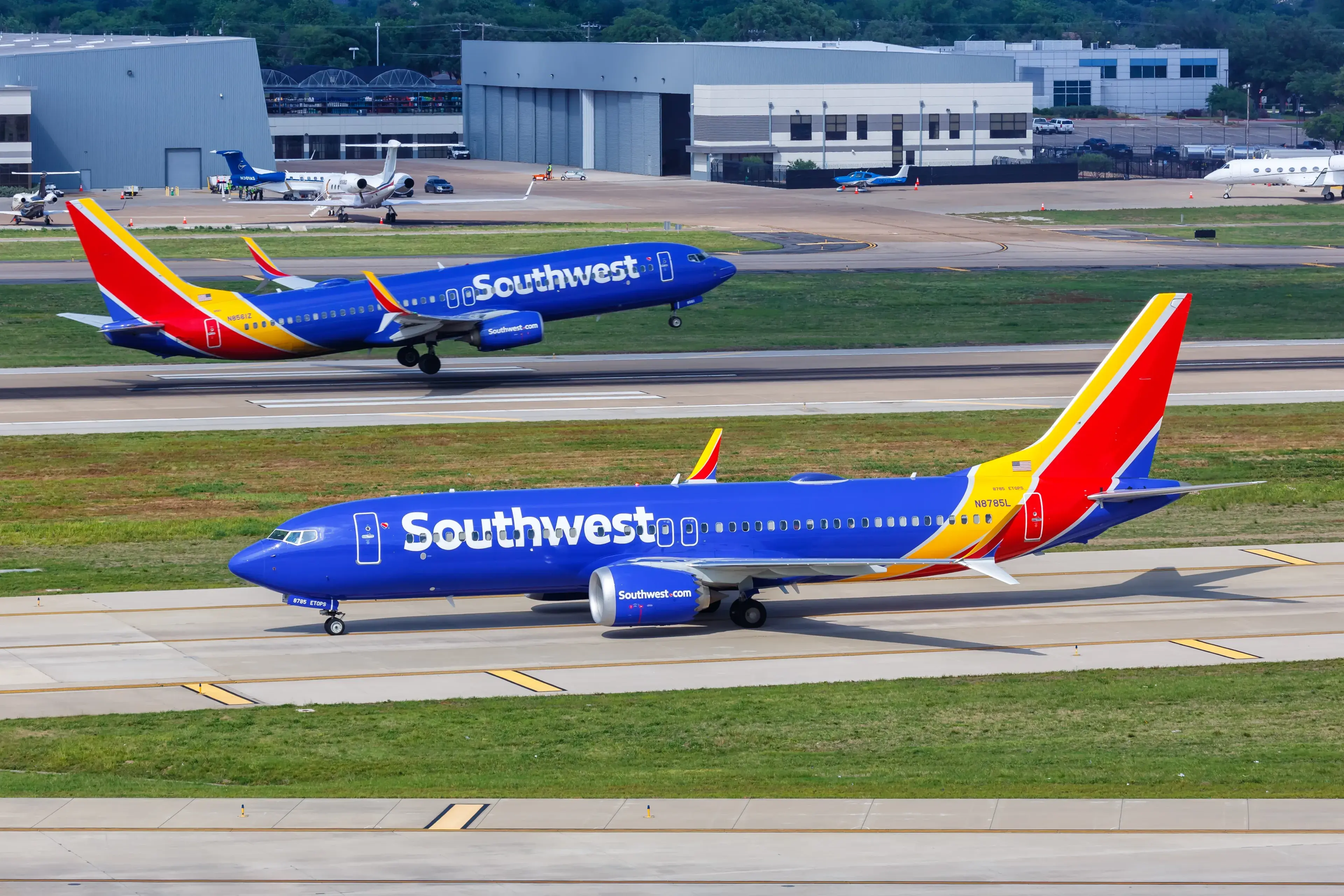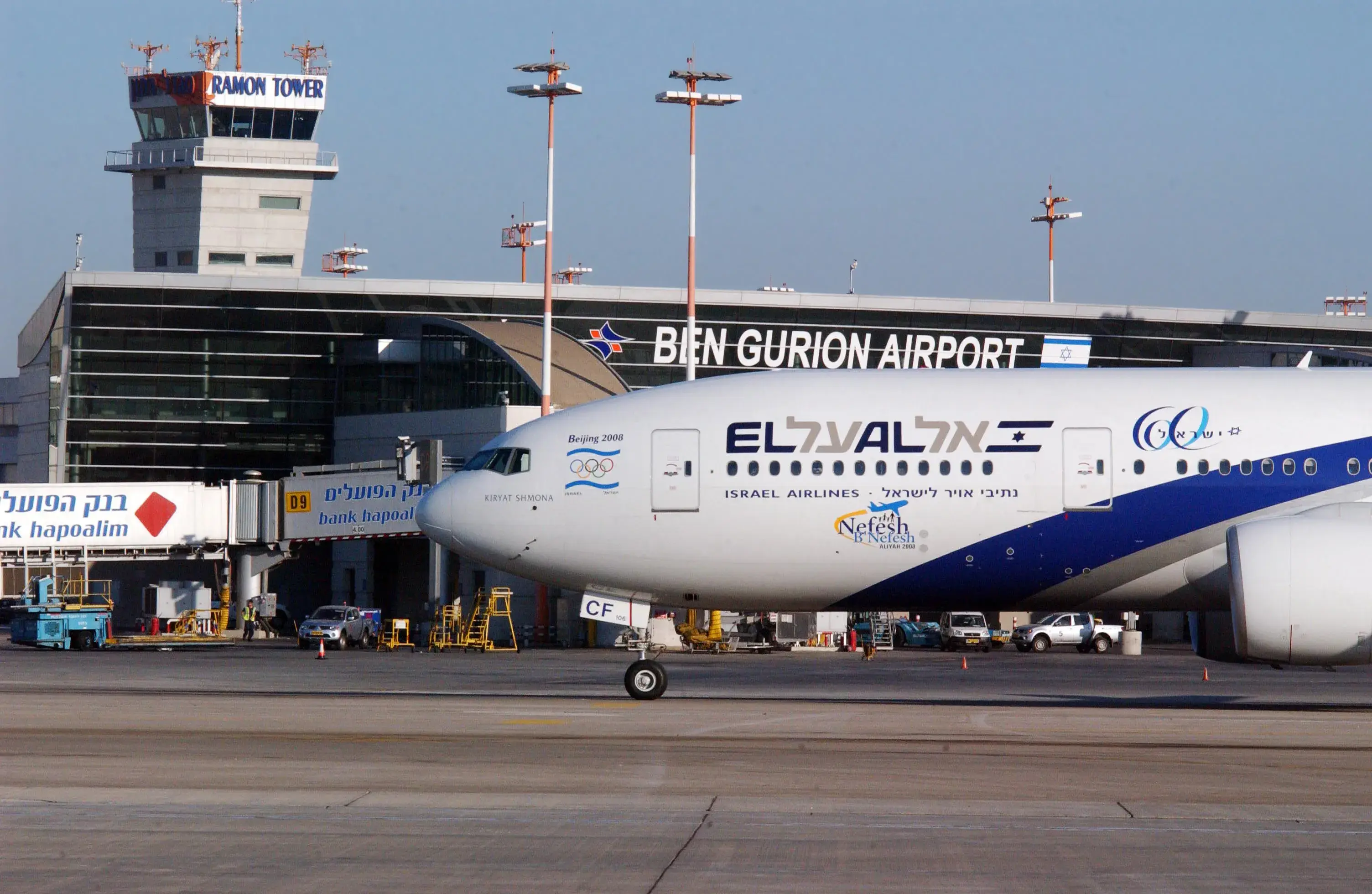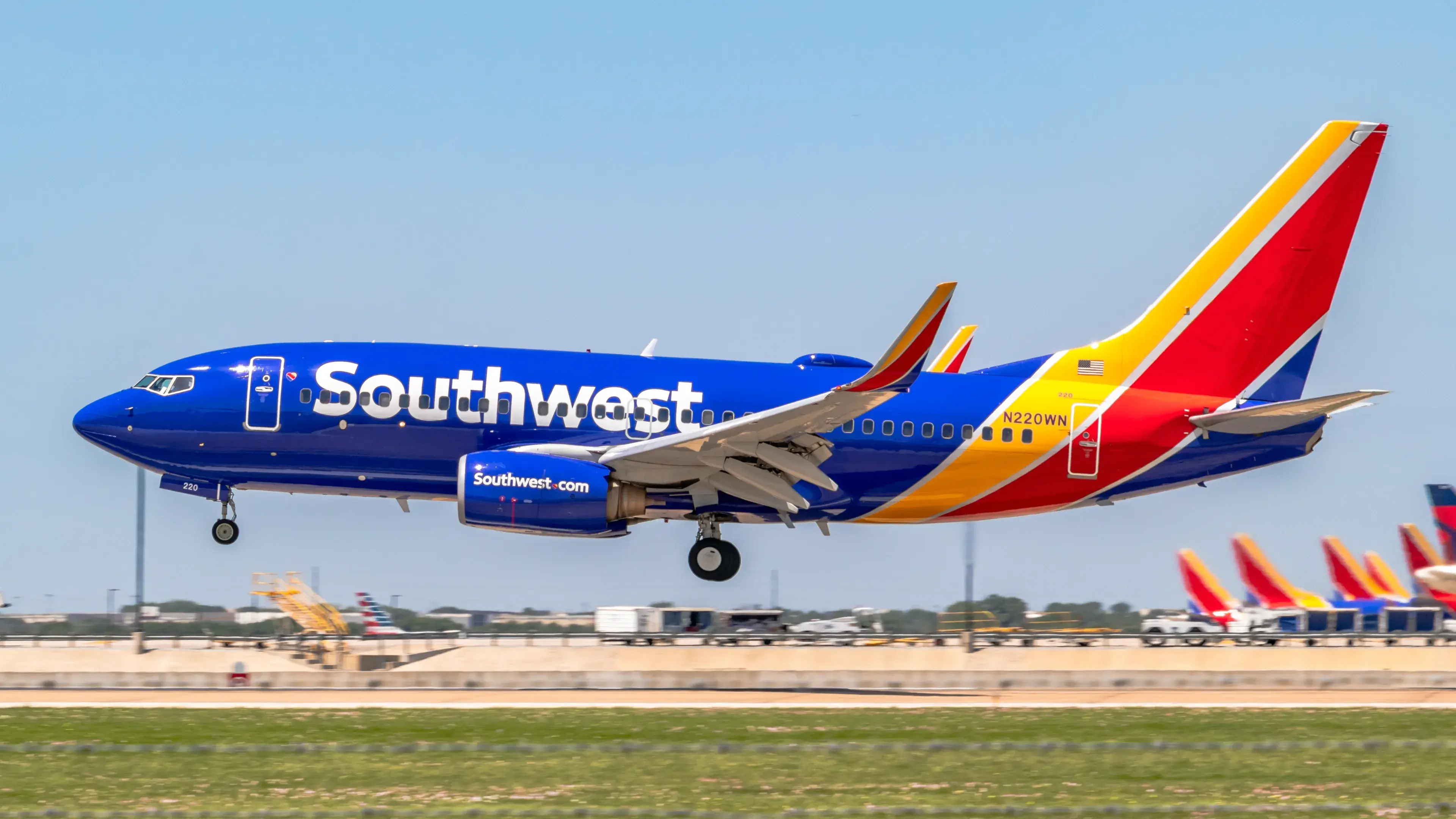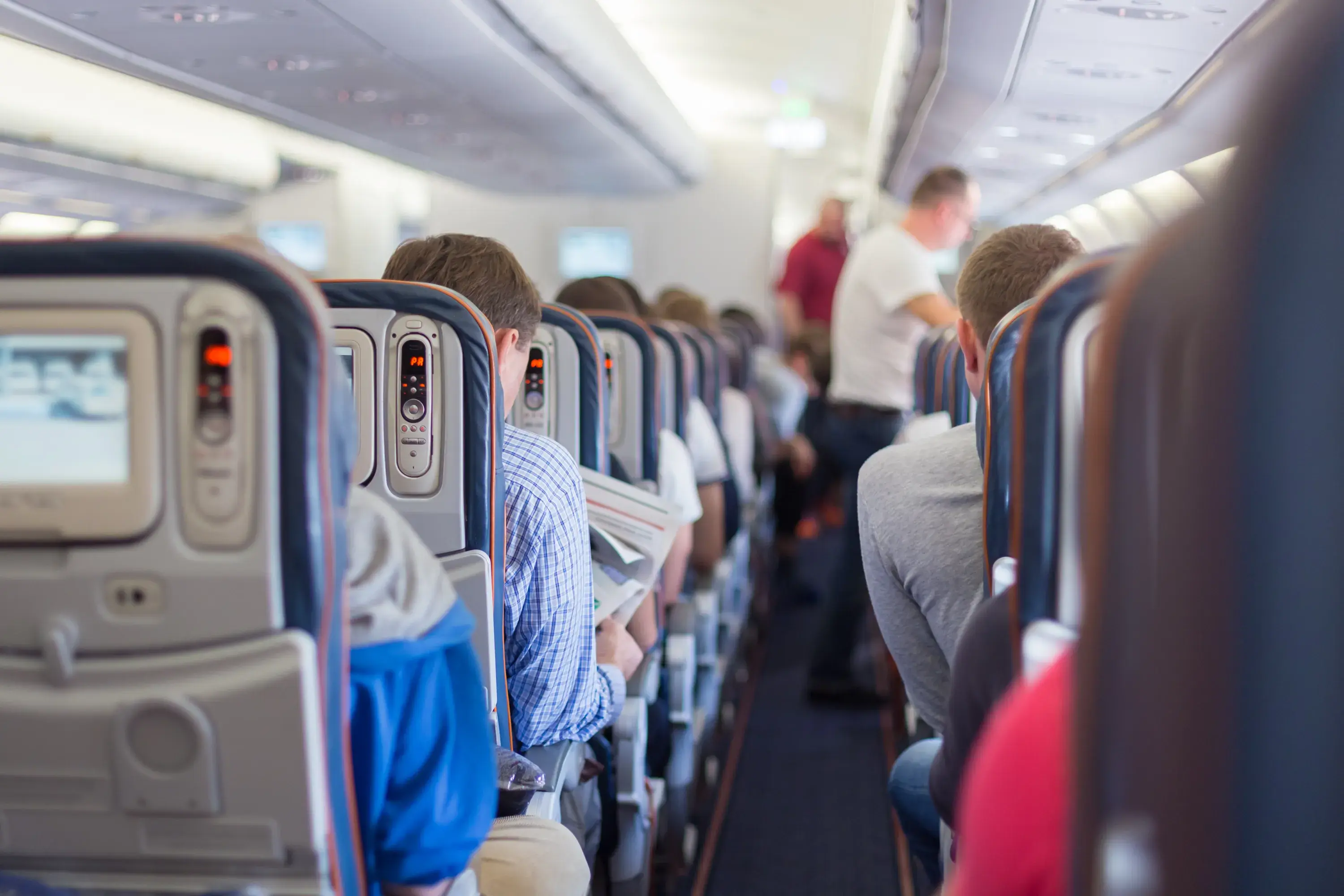
Spirit Airlines Faces Bankruptcy Threat as Airline Industry Turbulence Intensifies
The airline industry continues to face significant headwinds as it navigates a complex landscape of economic pressures, changing consumer behaviors, and regulatory challenges. Recent developments have highlighted the precarious position of some carriers, particularly in the ultra-low-cost segment of the market.
Spirit Airlines, once a disruptive force in the budget travel sector, has found itself at the center of speculation regarding its financial stability. The airline's shares experienced a sharp decline following reports of potential bankruptcy discussions. This news comes in the wake of Spirit's failed merger attempt with JetBlue Airways, a deal that was blocked by regulators on antitrust grounds earlier this year.
The collapse of the Spirit-JetBlue merger has left Spirit in a vulnerable position. Without the financial cushion and operational synergies that the merger would have provided, Spirit now faces the daunting task of addressing its substantial debt load in a challenging market environment. The airline's CEO, Ted Christie, had previously expressed optimism about the company's future, but recent developments suggest that the path forward may be more turbulent than anticipated.
Spirit's struggles are emblematic of broader issues facing the airline industry. The sector has been grappling with a range of challenges, including:
- Intense competition: The domestic market is experiencing an oversupply of airline seats, leading to price wars that erode profitability.
- Fluctuating demand: Post-pandemic travel patterns remain unpredictable, making it difficult for airlines to optimize their operations.
- Rising costs: Fuel prices, labor expenses, and maintenance costs continue to pressure airlines' bottom lines.
- Debt burdens: Many carriers took on significant debt to survive the COVID-19 downturn, creating long-term financial obligations.
As Spirit explores its options, including potential restructuring or bankruptcy proceedings, the outcome will be closely watched by industry observers. The airline's fate could have ripple effects throughout the sector, potentially leading to further consolidation or reshaping the competitive landscape of budget air travel in the United States.
The situation underscores the ongoing volatility in the airline industry and the challenges facing carriers as they strive to achieve sustainable profitability in a post-pandemic world. As the industry continues to evolve, airlines will need to adapt their business models, manage costs effectively, and navigate an increasingly complex regulatory environment to ensure their long-term viability.

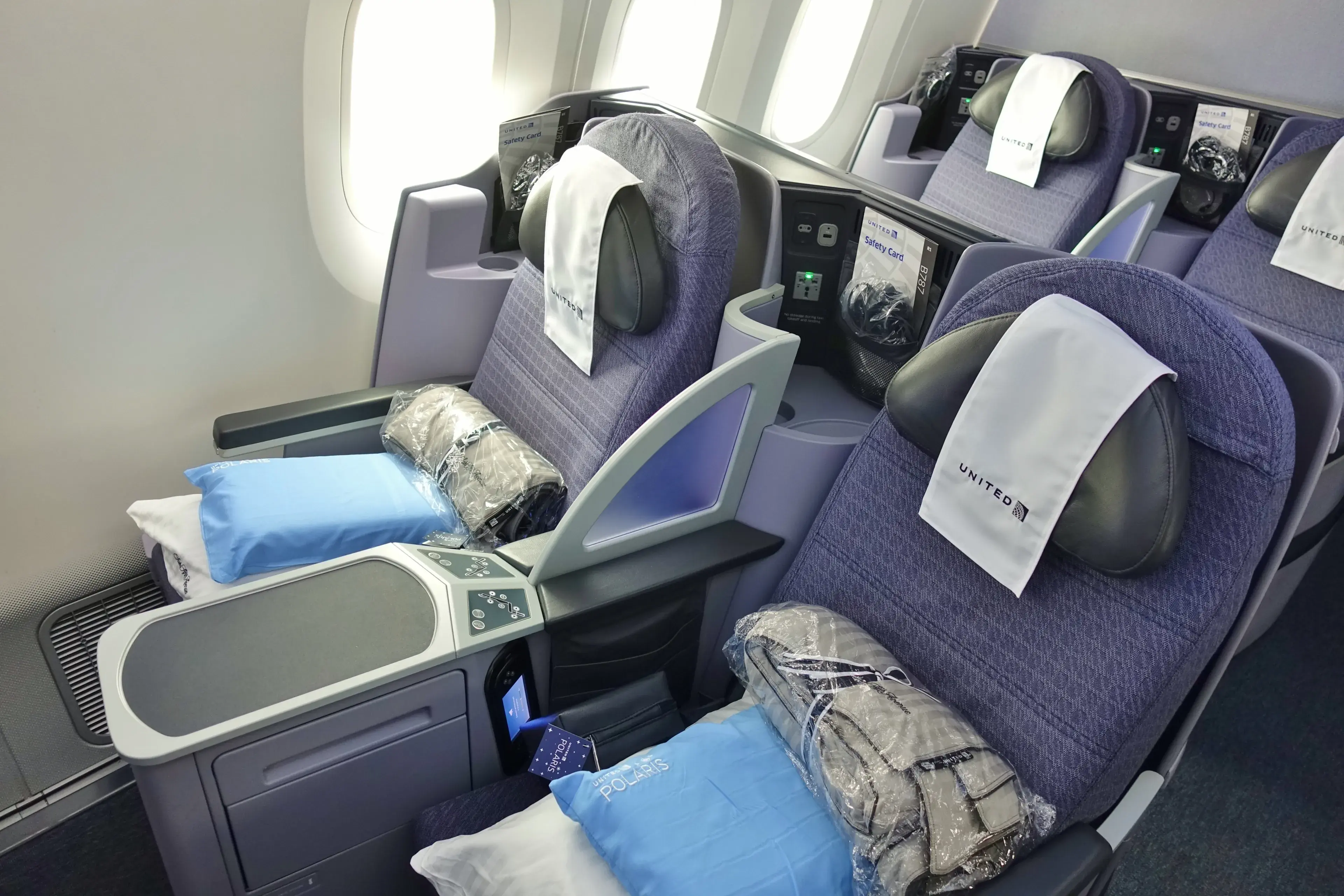
Airline News
United Airlines threatens mass deplaning over Business Class seat dispute
September 26, 2024
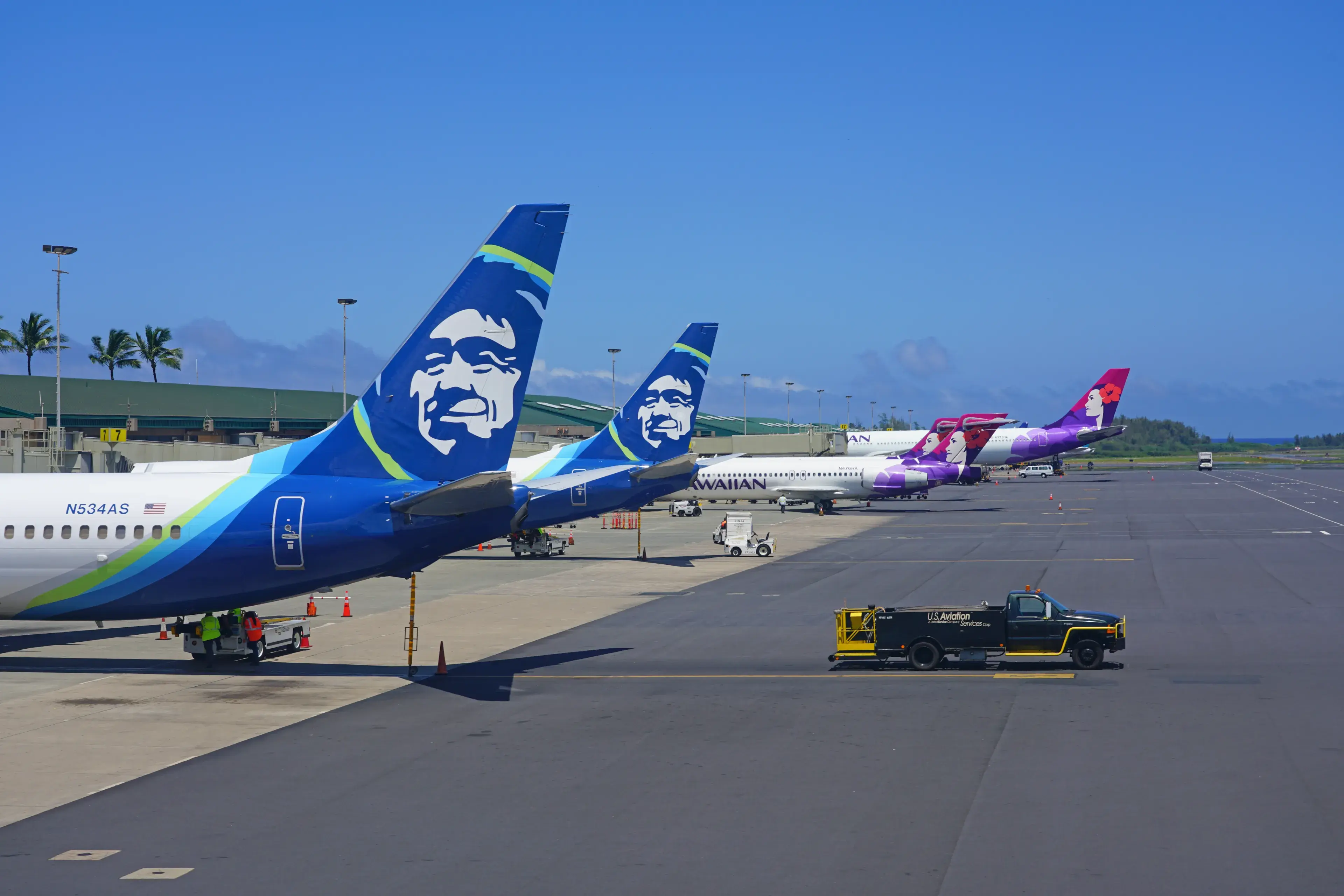
Airline News
Aloha Meets the Last Frontier: Alaska Airlines' Acquisition of Hawaiian Airlines Promises a New Era for Pacific Travel
September 18, 2024
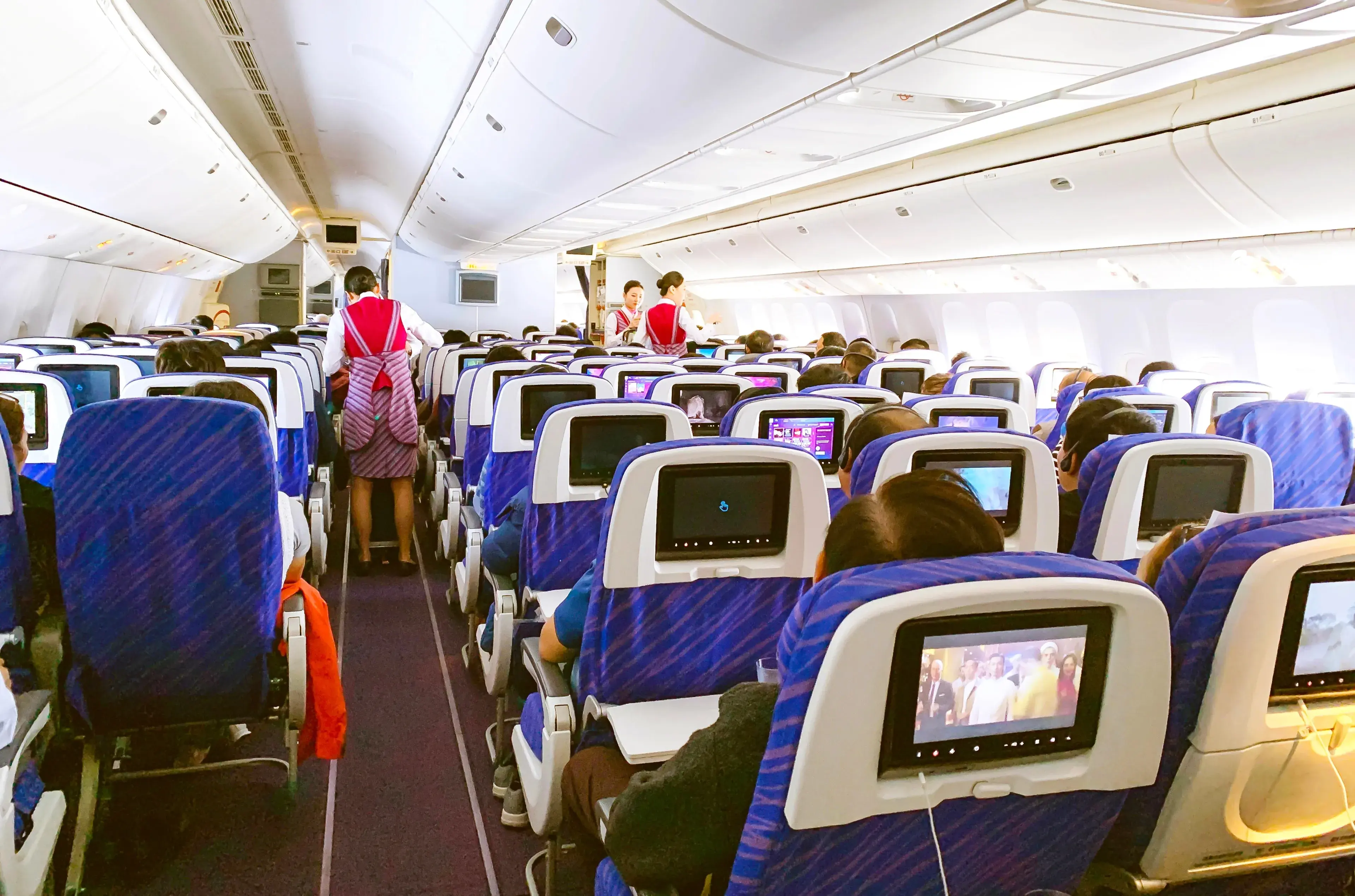
Airline News
China's Skyward Surge: 700 Million Flights in 2024?! The Shocking Truth Behind Asia's Travel Boom
August 14, 2024

Airline News
Global Alarm: Nine Nations Warn Citizens as UK Plunges into Far-Right Chaos
August 9, 2024

Airline News
The U.S. State Department Issues Travel Warning for Bangladesh Amid Political Turmoil
August 6, 2024

